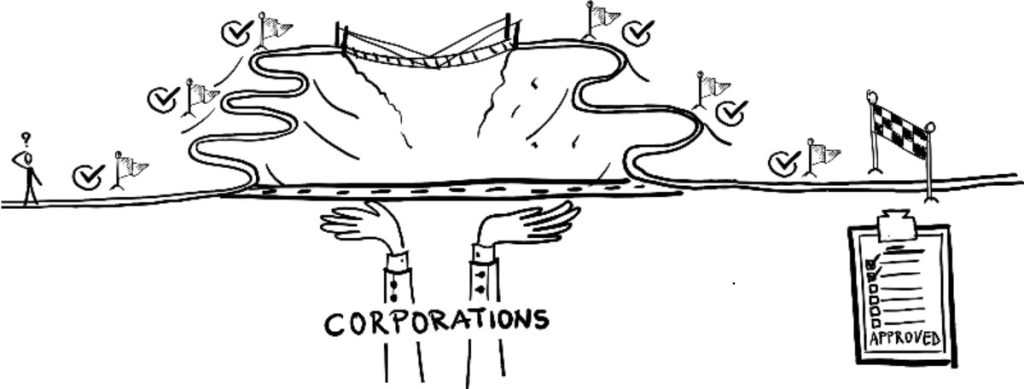Romania currently has only a few weeks to address the issues identified by the European Commission and to find solutions to unlock the third tranche of PNRR funding. The Minister of Energy, Sebastian Burduja, has indicated that two potential solutions are under consideration to resolve one of these issues, which concerns the lack of transparency in appointing directors of state-owned companies.
Based on the experience of restructuring the national forest administration Romsilva, WWF-Romania proposes a fundamental solution to the government that should be applied to the more than 300 public enterprises that are mainly controlled by the government. These enterprises oversee resources and services of national interest, such as forests, water, mineral resources, energy, transportation, and telecommunications.
We must first consider that the primary goal of the reforms proposed under the PNRR (component C14) is to enhance governance by establishing a predictable, well-founded, and participatory decision-making system. The reform of state-owned enterprise governance, also part of Romania's OECD accession process, can only be achieved through de-politicization and transparency. These efforts aim to ensure the delivery of high-quality public services that effectively address the challenges, needs, and expectations of both citizens and the business environment.
Therefore, we propose that the Government mandate public supervisory authorities to organize public debates as part of the selection process for administrators of state-owned enterprises controlled by the Government—particularly concerning the development of expectation letters for each state-owned enterprise. These debates should specifically address two key areas. The first involves identifying and establishing public service obligations – “a set of special duties fulfilled by state-owned enterprises, which a private company would not economically undertake in the normal course of business and which are assigned to these enterprises by legal provisions, aiming to deliver an organized and continuous public service.” The second area concerns non-financial performance indicators specific to each sector.
The ultimate goal is for state-owned enterprises under the supervision of central public authorities to be managed in the best interests of citizens and society. Achieving this requires genuine public debate rather than merely formal consultations, which often allow only a brief period—such as five days—for comments. This approach fails to ensure transparency and does not provide a solid framework for a truly participatory process.

